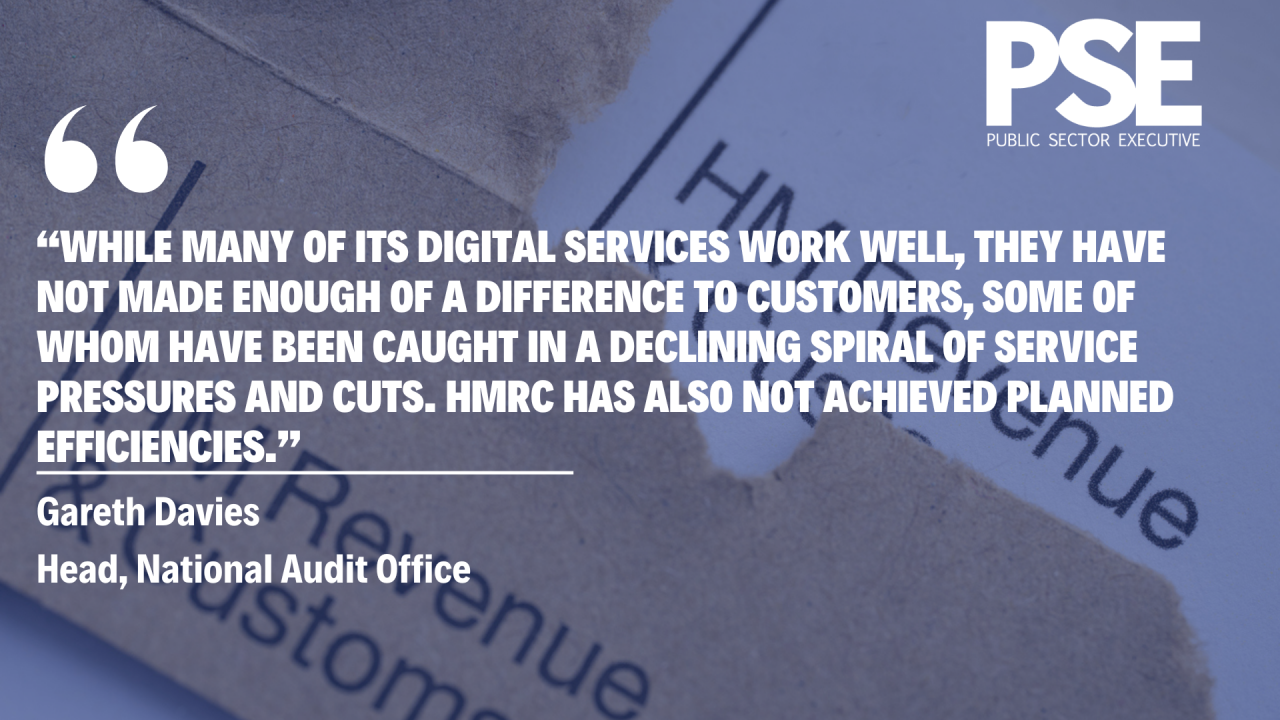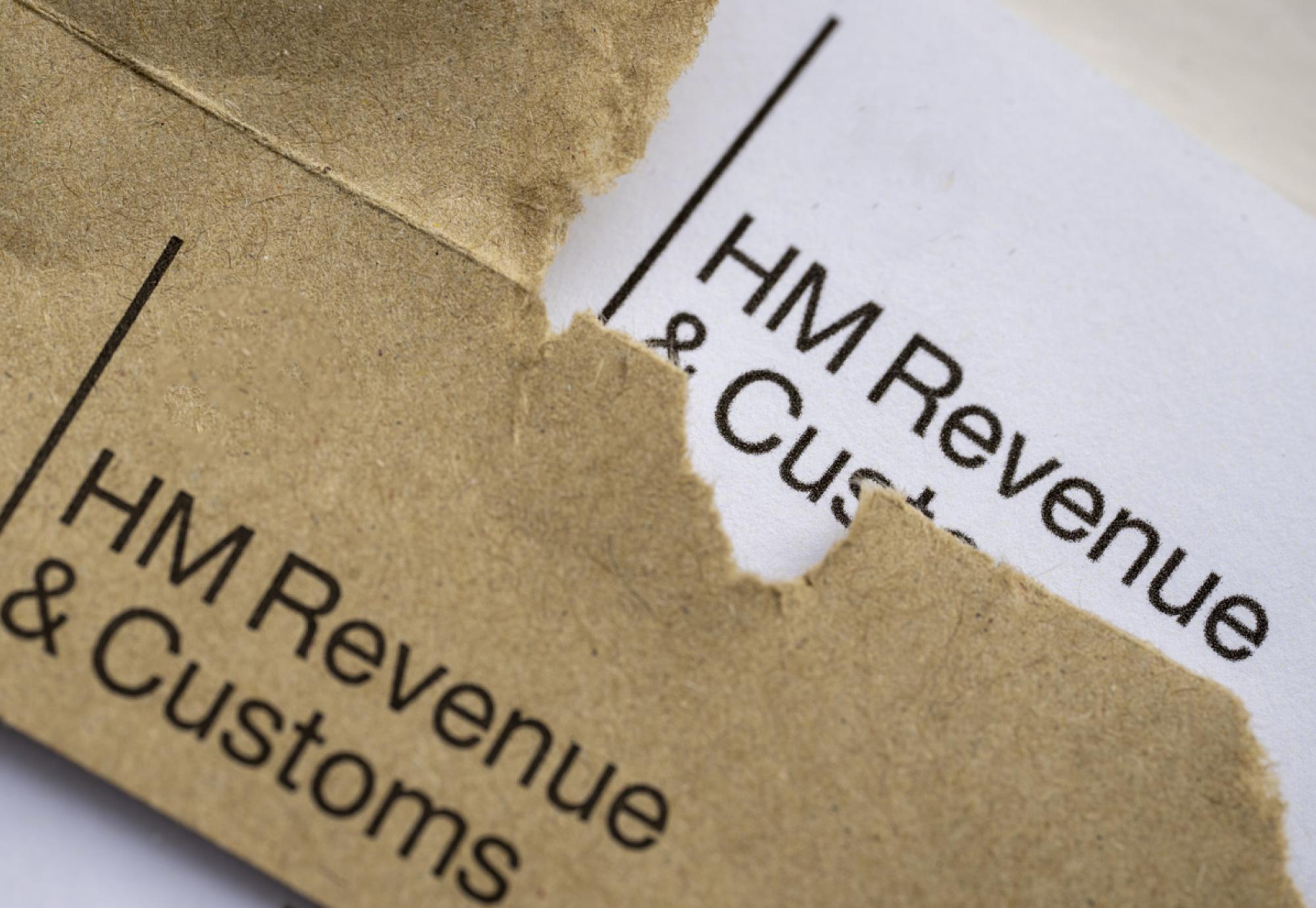According to a report from the National Audit Office, HM Revenue and Customs’ digital services are not delivering the benefits that they were expected to bring for users.
Following an NAO report into the customer service of the department, it was found that a cumulative time of 798 years was spent on hold, whilst also discovering that not enough has been done to raise the awareness of their digital services.
The strategy currently employed by HMRC is to direct customers to the digital services, to try and resolve queries as quickly as possible, resulting in reduce costs for service telephone calls and the freeing up of staff to support those who need additional assistance. Unfortunately, it has not been established how far this digital strategy will go to reduce telephone and correspondence service demand, as digital services are much more suitable for more basic queries.
In comparison to the 2019-20 period, HMRC advisors are taking longer to answer calls, resulting in the handling of fewer calls, and many of these are said to be the fault of HMRC as processes fail and delays are hit. This has led to an overall complication of taxpayer needs as they are holding multiple queries, being combined with the addition of more people into the tax system thanks to ‘fiscal drag’.
As it publishes the report into HMRC, the NAO has recommended that it develops more realistic plans for cutting the services that it intends to replace with digital alternatives, and that it adopts an approach that is more customer focused. Another recommendation will support the cutting of costs within HMRC, with this being to reduce any avoidable and potentially more expensive forms of contact.

National Audit Office Head Gareth Davies commented:
“HMRC’s telephone and correspondence services have been below its target service levels for too long.
“While many of its digital services work well, they have not made enough of a difference to customers, some of whom have been caught in a declining spiral of service pressures and cuts. HMRC has also not achieved planned efficiencies.
“HMRC must allow more time for these services to bed in and understand the difference the make before adjusting staffing levels.”
Image credit: iStock



















